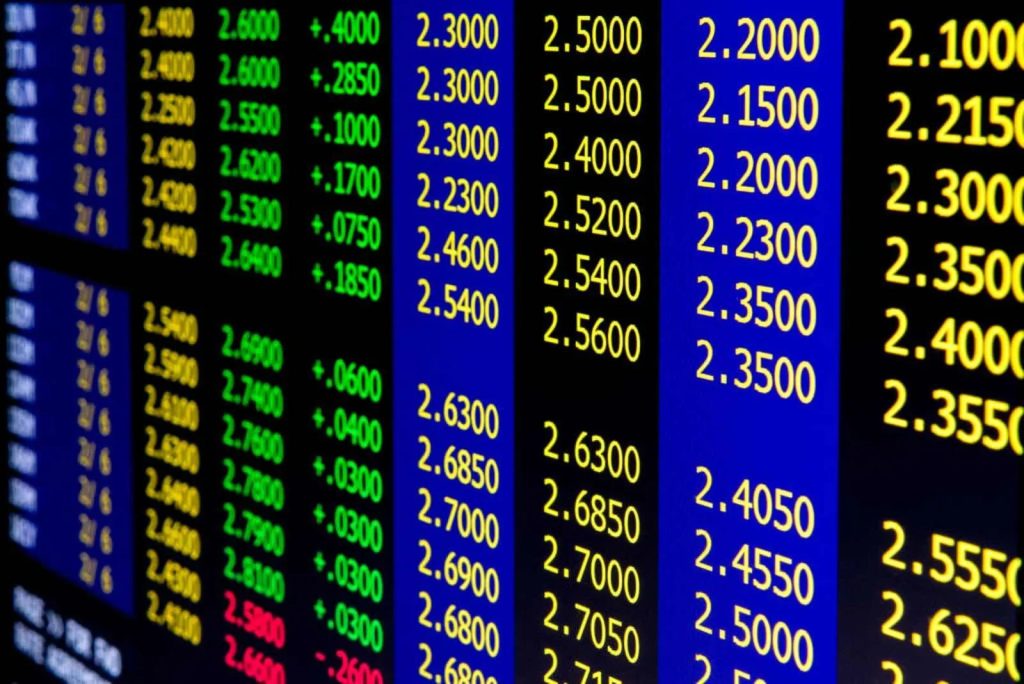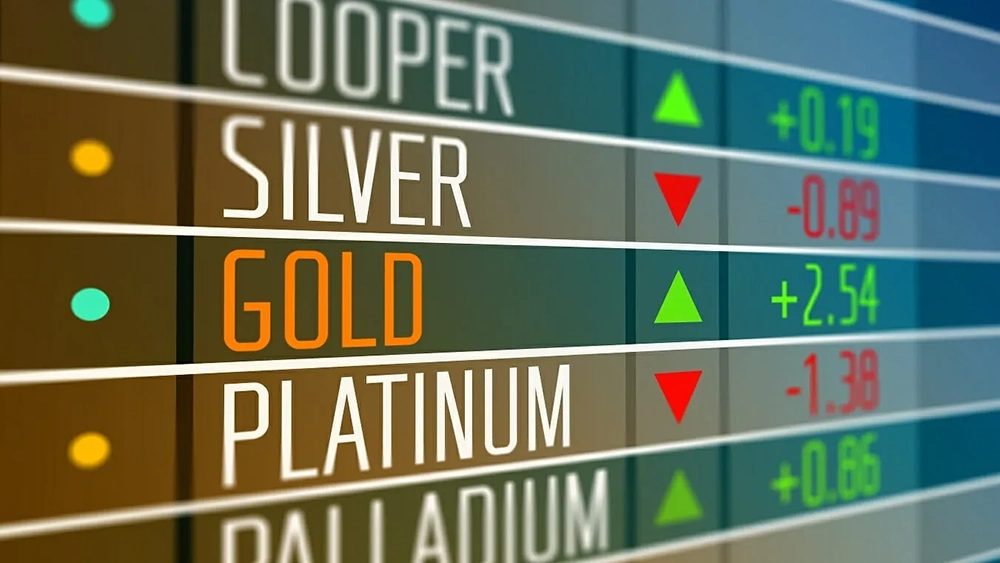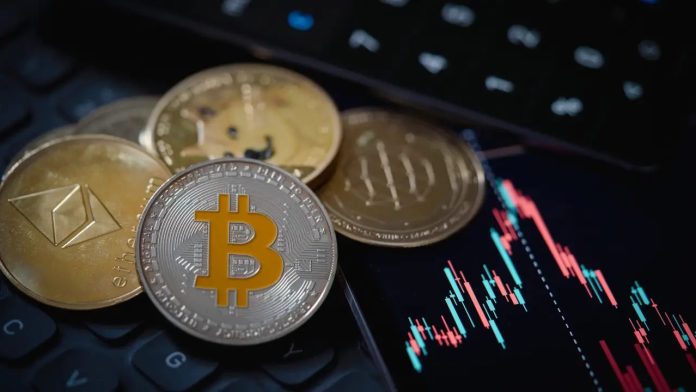Trading can be exciting, but for beginners, various types of markets can seem confusing. Should you trade forex, commodities, cryptocurrencies, or something else? In this article, BIW Management experts explain the main kinds of markets so you can acknowledge your options and start your trading journey with more confidence.
Forex
Forex, or the foreign exchange market, is where people trade currencies like the US dollar, euro, and yen. It’s the largest market in the world, with about $6.6 trillion traded every day, according to BIW Management broker. The goal in forex trading is to buy a currency at a low price and sell it at a higher price, or vice versa.

For example, if you think the euro will become stronger against the US dollar, you can buy euros and then sell them later when the value goes up. The forex market runs 24/5, which gives traders around the world more flexibility.
Key takeaways: High liquidity, low starting capital, and lots of trading opportunities.
Commodities
The commodities market allows individuals to invest in physical goods like gold, silver, oil, coffee, and even livestock. These are basic goods that people all over the world access daily.

There are two main types of commodities:
- Hard commodities include natural resources like gold, oil, and metals.
- Soft commodities are agricultural products like wheat, coffee, and sugar.
Prices of commodities often move due to world events, such as weather, war, or economic news. Many traders like commodities because they tend to behave differently from stocks and currencies, which can help balance a portfolio.
Key takeaways: Great for hedging and diversification.
Cryptocurrency
Cryptocurrency is a newer market that has quickly become very popular. Coins like Bitcoin, Ethereum, and many others are bought and sold on a daily basis by millions of people. Crypto markets are open 24/7 and prone to be more volatile, meaning prices can change very fast.
Although this creates risk, it also has potential for high profits. Cryptocurrencies are based on blockchain technology and are not controlled by any government or central bank.
Key takeaways: High volatility, 24/7 market access, and a growing community of participants.
How to Choose the Right Market for You?
There is no doubt that each trader is different. Some people prefer the fast-paced nature of forex, while others like the long-term potential of commodities or the high-energy world of crypto. BIW Management advises thinking about your goals, risk tolerance, and the time you can commit to trading.
Many traders start with one market and slowly expand as they gain experience. With the proper support and learning tools, you can build your skills over time and find your preferred way to trade.
One more thing to keep in mind is that trading financial markets involves risk and may not be suitable for all investors. You should be fully aware of the risks and only trade with money you can afford to lose.



 Bitcoin
Bitcoin  Ethereum
Ethereum  Tether
Tether  XRP
XRP  USDC
USDC  Wrapped SOL
Wrapped SOL  TRON
TRON  Lido Staked Ether
Lido Staked Ether  Cardano
Cardano  Avalanche
Avalanche  Toncoin
Toncoin